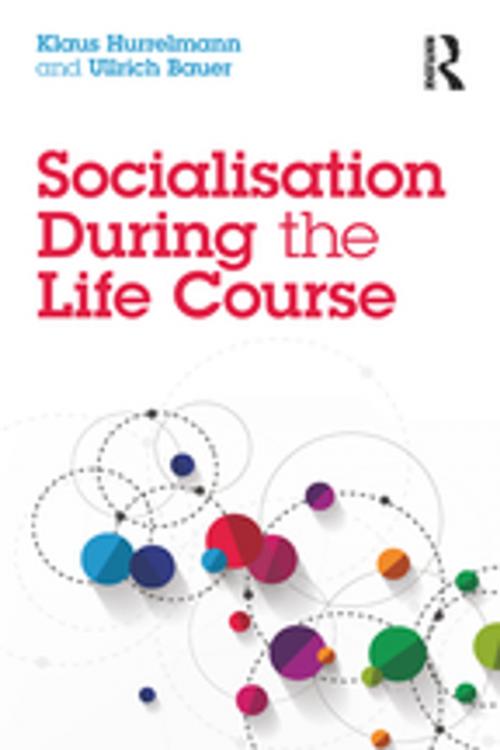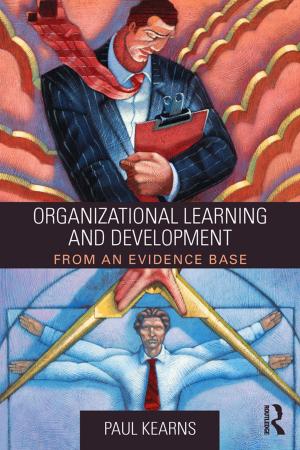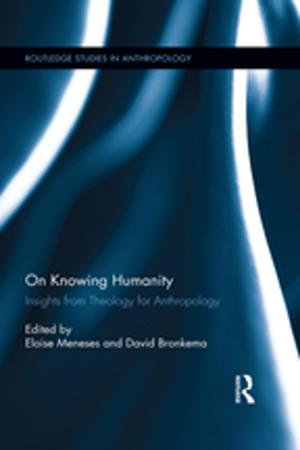Socialisation During the Life Course
Nonfiction, Health & Well Being, Psychology, Developmental Psychology| Author: | Klaus Hurrelmann, Ullrich Bauer | ISBN: | 9781351384568 |
| Publisher: | Taylor and Francis | Publication: | January 2, 2018 |
| Imprint: | Routledge | Language: | English |
| Author: | Klaus Hurrelmann, Ullrich Bauer |
| ISBN: | 9781351384568 |
| Publisher: | Taylor and Francis |
| Publication: | January 2, 2018 |
| Imprint: | Routledge |
| Language: | English |
This comprehensive text highlights new developments in sociological, educational and psychological aspects of socialisation, examining how human beings as 'subjects' – experiencing, thinking and acting individuals – confront the material, social and cultural 'objects' of their environment and sustain their position. The authors provide an overview of the most important theories of socialisation, then integrate these using the Productive Processing of Reality (PPR) model. This novel approach is applied to a life course analysis, examining developmental tasks and the challenges of productive processing of the internal and external reality at various stages of development. The book also considers contexts, addressing the inequalities between different socio-economic and ethnic groups and genders, to consider how humans – with their genetic dispositions and their individual instincts and needs – solve the task of coping with the requirements of society, culture and economy while at the same time safeguarding their status as unique individuals.
It is core reading for advanced students on socialisation modules in developmental or social psychology and educational sciences and is additionally of value for the professional training of sociologists, teachers and social workers. It is also relevant for all those interested in elementary questions of how the interaction between the society and the individual works; how human beings deal not only with themselves but also with their social and physical environment, and how they shape it in their own way.
This comprehensive text highlights new developments in sociological, educational and psychological aspects of socialisation, examining how human beings as 'subjects' – experiencing, thinking and acting individuals – confront the material, social and cultural 'objects' of their environment and sustain their position. The authors provide an overview of the most important theories of socialisation, then integrate these using the Productive Processing of Reality (PPR) model. This novel approach is applied to a life course analysis, examining developmental tasks and the challenges of productive processing of the internal and external reality at various stages of development. The book also considers contexts, addressing the inequalities between different socio-economic and ethnic groups and genders, to consider how humans – with their genetic dispositions and their individual instincts and needs – solve the task of coping with the requirements of society, culture and economy while at the same time safeguarding their status as unique individuals.
It is core reading for advanced students on socialisation modules in developmental or social psychology and educational sciences and is additionally of value for the professional training of sociologists, teachers and social workers. It is also relevant for all those interested in elementary questions of how the interaction between the society and the individual works; how human beings deal not only with themselves but also with their social and physical environment, and how they shape it in their own way.















